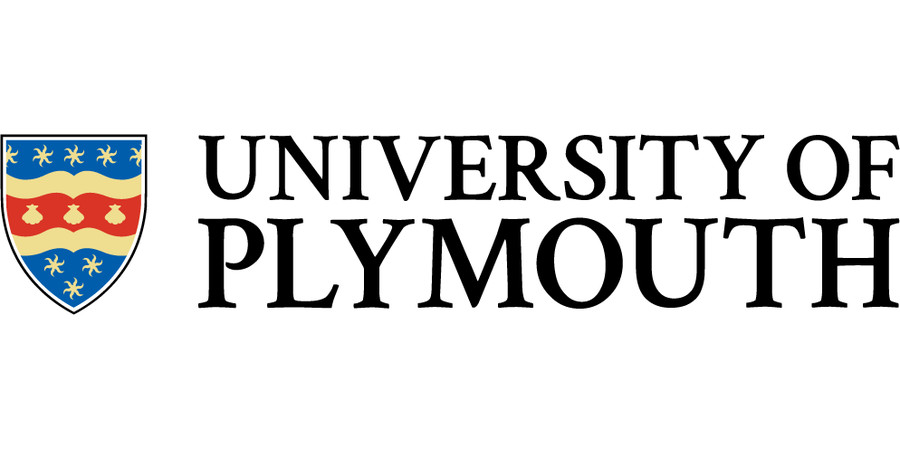PhD Studentship: Developing and Evaluating Design Criteria to End Microplastic Pollution (End-Microplastic)
University of Plymouth - International Marine Litter Research Unit
| Qualification Type: | PhD |
|---|---|
| Location: | Devon, Plymouth |
| Funding for: | UK Students, EU Students, International Students |
| Funding amount: | The studentship is supported for 3.5 years and includes Home or International tuition fees plus a stipend of £20,780 per annum 2025-26 rate (2026-27 rate TBC) |
| Hours: | Full Time |
| Placed On: | 28th November 2025 |
|---|---|
| Closes: | 2nd February 2026 |
Lead Supervisor (DoS): Professor Richard Thompson
Second Supervisor: Professor Kristian Syberg
Third Supervisor: Professor Morten Birkved
Fourth Supervisor: Professor Kate Goldsworthy
Applications are invited for three 3.5 year PhD studentships with the Marine Institute at the University of Plymouth.
The studentships are due to start on 1st October 2026.
Plymouth has been at the forefront of global marine research for more than a century, and today it is home to the largest concentration of marine researchers in the UK. Come and join our vibrant community of marine PhD students.
Project Description
Microplastics are highly diverse contaminants with a wide range of environmental impacts. This studentship will target the main sources - those generated by wear of products such as tyres and textiles during use. Microplastic from these sources are both prevalent and toxic. Potential solutions, which are the focus of this PhD, require upstream measures to drive better design.
This research is novel, timely, and highly impactful. It aligns directly with implementation of the UN global treaty to end plastic pollution and regional measures (e.g. Euro-7 regulations 2028-32). The goal is to reduce microplastic pollution from textiles and tyres by developing and evaluating comprehensive frameworks and criteria to drive safer and more sustainable design.
Research will predominantly be desk-based, including systematic reviews of microplastic shedding, circularity (sustainability), and chemical composition (safety) to create a synthesis and database of life cycle characteristics (materials, shedding behaviour, toxicity, and end-of-life management) for contrasting design options (e.g. differing yarns and weaves, chemical formulations of tyres). Supported by Life Cycle Assessment (LCA) and circular economy assessment, the project will encompass the entire value chain using published data and expert solicitations to develop frameworks to evaluate the essentiality, safety and sustainability of contrasting product formulations for textiles and tyres. Findings will be assessed for their broader applicability to other sectors e.g. plastics in agriculture and packaging.
The candidate will be based in the International Marine Litter Research Unit at UoP guided by Richard Thompson who is expert in microplastic pollution and supported by secondments with global experts in performance assessment (Morten Birkved), circular economy (Kristian Syberg) and circular design (Kate Goldsworthy). Training will be provided in systematic review techniques, LCA, chemical hazard analysis, circular economy frameworks, and science-to-policy translation.
Eligibility
We seek a highly motivated individual capable of working across disciplines to address this global challenge. A strong first degree in a relevant field (e.g., environmental science, life cycle assessment, product design, ecotoxicology, material science) is essential. A relevant postgraduate qualification and/or experience in textile or transportation sectors would be advantageous.
If your first language is not English, you will need to meet the minimum English requirements for the programme, IELTS Academic score of 6.5 or equivalent.
The studentships are supported for 3.5 years and include full Home or International tuition fees plus a stipend at the 2026/27 UKRI rate (to be confirmed; compare the 2025/26 UKRI rate of £20,780 per annum). The last 6 months of the four-year registration period is a self-funded 'writing-up' period.
If you wish to discuss this project further informally, please contact Professor Richard Thompson.
Please click on the Apply button above for further information and to apply.
The closing date for applications is 12 noon on Monday 2nd February 2026.
Advert information
Type / Role:
Subject Area(s):
Location(s):









